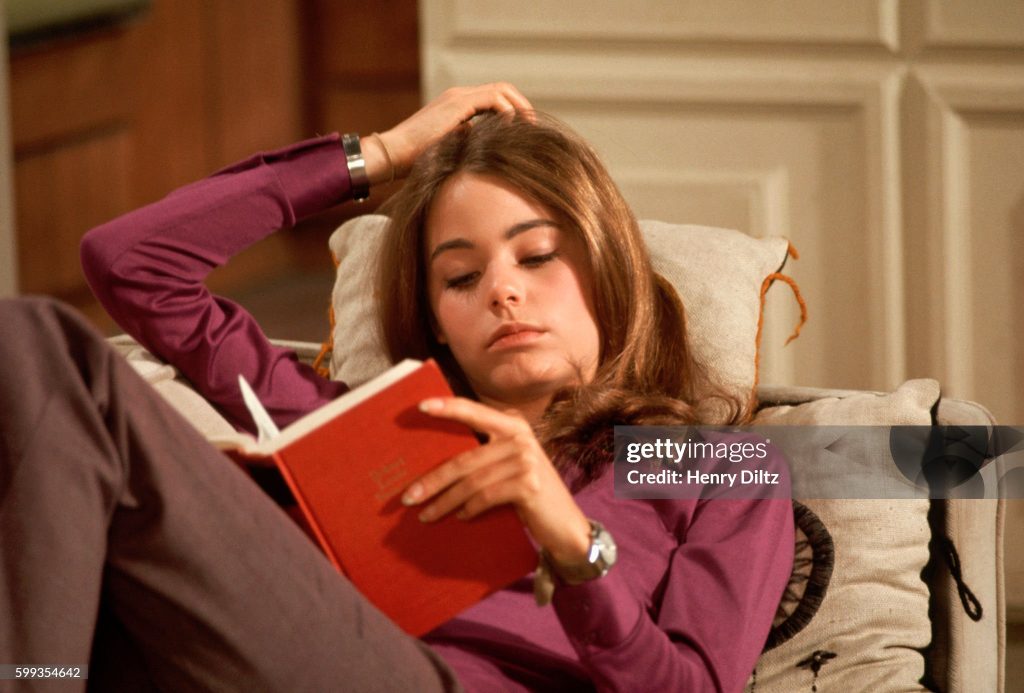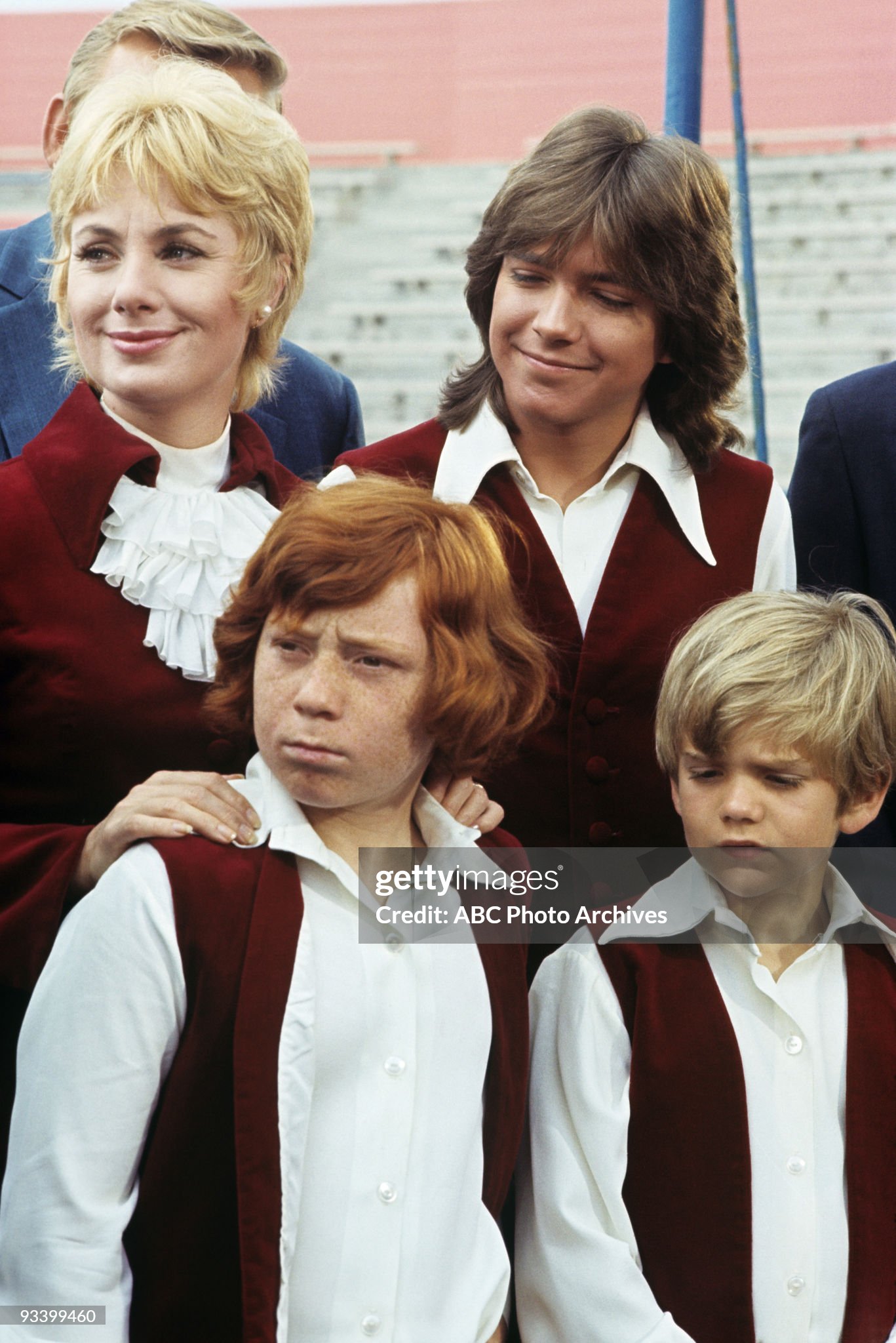
A Nostalgic Ode to the Enchantment of Love
In the evocative tapestry of 1970s pop culture, “The Partridge Family” emerged as a symbol of wholesome entertainment, blending music and television in a way that captured the hearts of millions. Their song “Brown Eyes” stands as a quintessential example of the soft rock charm that defined an era where simplicity met heartfelt expression. Released as part of their fourth studio album, “Shopping Bag”, in 1972, this track weaves together themes of love, admiration, and an almost ethereal innocence that resonates profoundly with listeners who long for the golden days of yesteryear.
Upon its release, “Brown Eyes” did not skyrocket to the top of the Billboard charts as some might have anticipated. Instead, it carved its own niche, becoming a cherished favorite among fans who appreciated the gentle melodies and sincere lyrics that The Partridge Family consistently delivered. While it may not have been a chart-topping single, its enduring appeal lies in the nostalgic warmth it evokes, akin to a cherished memory that surfaces whenever one hears its opening chords.
The story behind “Brown Eyes” is as captivating as the song itself. It revolves around the tender musings on love and admiration, expressed through the metaphor of enchanting brown eyes—a simple yet profound symbol of beauty and depth. The Partridge Family, fronted by teen idol David Cassidy, managed to capture these sentiments with an authenticity that resonated deeply with their audience. Cassidy’s velvety voice brings life to the lyrics, imbuing them with an earnestness that speaks directly to the soul.
David Cassidy, with his boyish charm and undeniable talent, was not just a face on a television screen; he was a cultural icon who embodied the hopes and dreams of a generation. His portrayal of Keith Partridge made him an enduring figure in popular culture, and his musical contributions with The Partridge Family remain timeless. In “Brown Eyes,” Cassidy’s delivery is both soothing and poignant, reflecting a vulnerability that only enhances the song’s emotional impact.
The thematic essence of “Brown Eyes”—the admiration for someone’s natural beauty and the feelings it stirs within—is universal and timeless. For many older listeners, this song evokes memories of first loves or innocent crushes from their youth. It calls back to an era when music was not just heard but felt deeply within one’s being. It reminds us of slow dances in dimly lit rooms, letters written by hand, and conversations that lingered long into the night.
Listening to “Brown Eyes” today transports one back to those moments when life seemed simpler yet fuller with emotions. It’s a journey back to when radio waves carried melodies that became part of our daily lives—a time when families gathered around television sets to watch shows like “The Partridge Family,” creating shared experiences that are fondly remembered decades later.
In an age dominated by digital streams and fleeting trends, there is something profoundly comforting about revisiting songs like “Brown Eyes.” They serve as anchors to our pasts, reminding us of who we were and how far we’ve come. The Partridge Family’s music encapsulates this beautifully; their harmonies are more than just notes—they are echoes of laughter, whispers of old conversations, and snapshots of bygone days filled with promise.
As we delve into these memories through songs such as “Brown Eyes,” we find ourselves enveloped in nostalgia’s warm embrace—an embrace that reassures us that while times may change, some things remain eternal. The music of The Partridge Family continues to be celebrated not just for its catchy tunes but for its ability to touch hearts across generations.
In conclusion, “Brown Eyes” by The Partridge Family is more than just a song; it’s a piece of history—a reminder of an era where music served as both refuge and revelation. For those who lived through those years or those discovering it anew, it remains a testament to love’s enduring power and music’s unrivaled ability to capture our deepest emotions.
